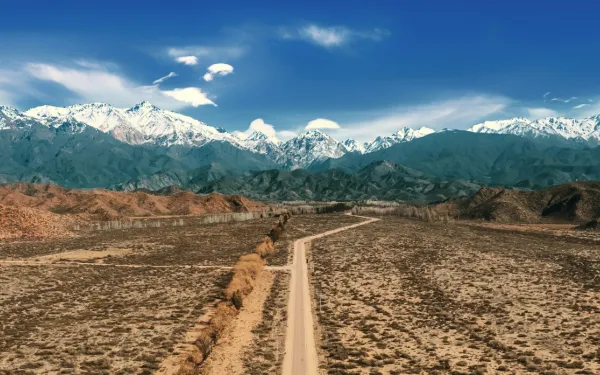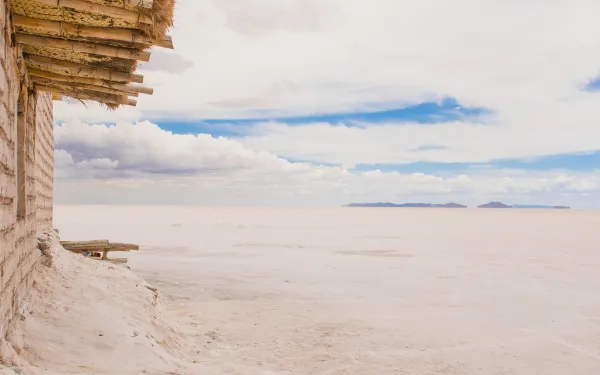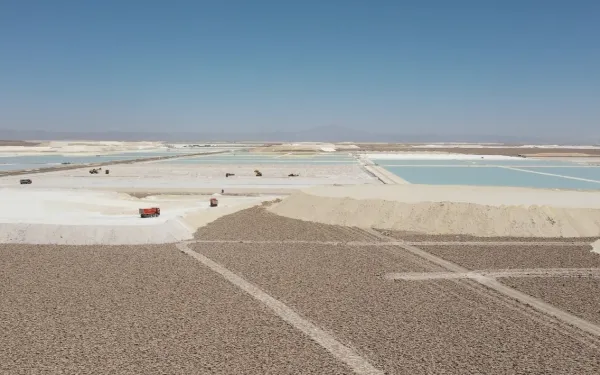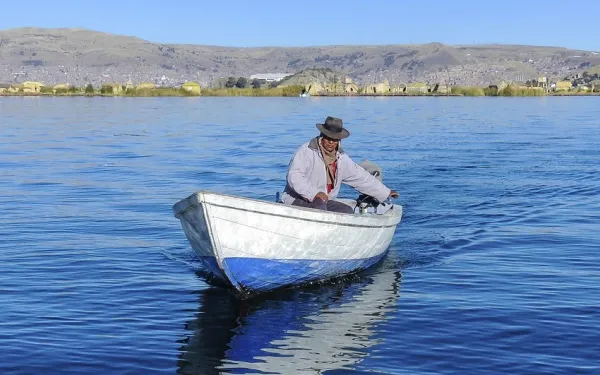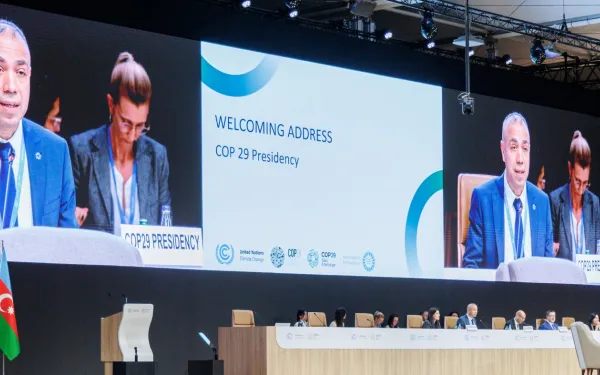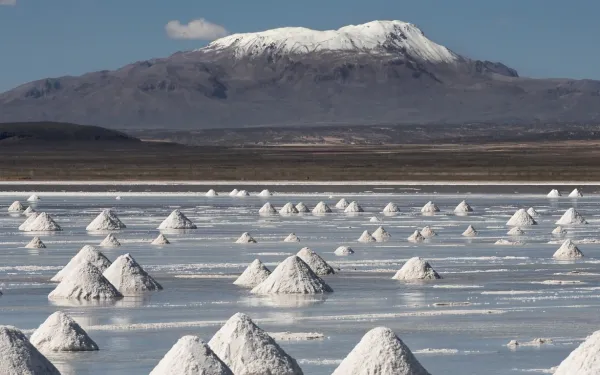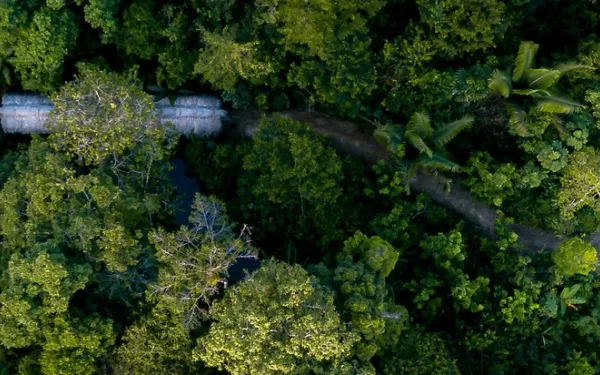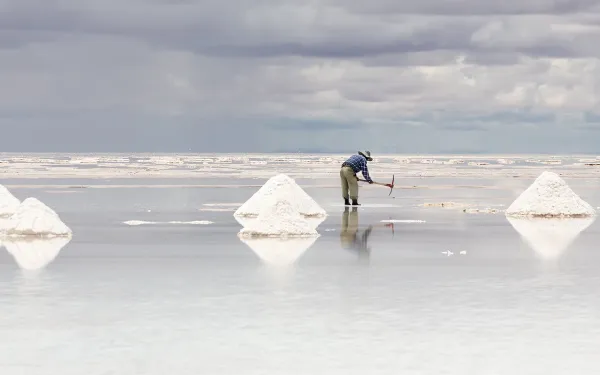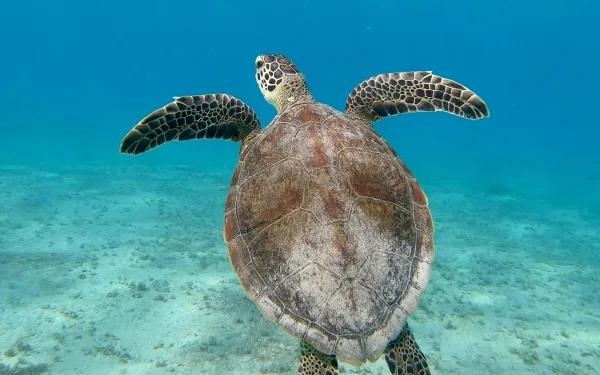
Let's talk about project closure and responsible exit
No mining, fossil fuel extraction or power generation project lasts forever. Their useful life is determined by internal factors, such as the quantity of resource reserves, and external factors, such as declining demand or financial problems.But no matter how long a project lasts or how it is affected, its promoters—whether public or private—must provide for a closure and responsible exit process that considers the natural environment and affected communities, and that is desired and promoted by all stakeholders.This issue is even more relevant in the context of actions needed to address the climate crisis, largely related to the energy transition, which generally implies the substitution of fossil fuel extraction and use projects, as well as the promotion of low-emission renewable energies associated with mineral extraction. In both scenarios, closure and exit issues are of great importance.In the first, it is necessary to incorporate concrete and enforceable commitments to close down and move on from existing projects. In the second, these requirements should be built in from the planning and pre-feasibility stages and should also be included in the environmental impact assessments and subsequent stages.In all projects, the role of the promoters is essential. Likewise, the obligation of the state to supervise and monitor is of great importance in order to protect and guarantee the rights of those who may be affected. In some cases, the responsible exit also includes other key actors that are part of the value and supply chains of the projects: investors, financiers, insurers, suppliers, distributors and buyers, among others.Therefore, the discussion of project closure and responsible exit is essential to environmental protection and climate management in Latin America.What do we mean by project closure and exit?All mining and energy projects have different phases in their life cycle: initiation, planning, execution, monitoring and control, closure, and post-closure. In turn, they have supply and value chains that, as we have said, involve actors from different sectors.In this context, closure refers to the stage of a project in which it ceases to operate and is terminated. Exit, on the other hand, refers to the decision and subsequent process in which the different actors in the project's value and supply chain, in their own roles, completely disengage from the project. What does it mean for a closing and exit process to be responsible?There is currently no consensus on the definition and scope of responsible exit and fair project closure processes. Sometimes these terms are used indiscriminately, which can lead to confusion about the responsibilities of the actors involved and the scope of the processes to be carried out. However, there are elements that allow these concepts to be explained precisely:Responsible and fair project closure is a planned, upfront process that should be considered from the earliest stages of a project and continually updated as the project evolves. Responsible closure ensures a planned, coordinated and participatory cessation of activities and dismantling, and guarantees the right to a healthy environment.The planning and development of a closure plan should focus on risk management as well as impact prevention and mitigation. This will ensure a responsible closure in which the affected areas can be readapted and made safe for both nature and communities, while allowing the ecosystems to recover their functions.The general obligation of the project developer is to properly identify the impacts that the project may cause and to adequately and timely comply with the measures approved by the State in its environmental management instruments.The main obligation of the State (in addition to its general regulatory duty) is to supervise and monitor the project to verify compliance with the developer's obligations and to prevent environmental and/or social damage.The role of other actors in the value and supply chain is to act with due diligence, to use their influence to encourage the promoter to comply with its obligations and, in the event of non-compliance, to act within their role and influence to ensure that the necessary corrective measures are taken.Responsible and fair exit refers to the process undertaken by the various actors in the value and supply chain when they decide to fully divest from a project, considering the responsibilities inherent in their role, which include fulfilling their obligations with respect to human rights and due diligence.In Latin America, there has been important progress in regulating aspects related to the permitting, commissioning and implementation of mining and energy projects. However, experience has shown that there are significant challenges in ensuring that the closure and exit processes are responsible for the ecosystems and communities involved.To learn more about this issue, see our report Closure and Responsible Exit. A requirement for environmental and climate justice in Latin America (in Spanish).
Read more
